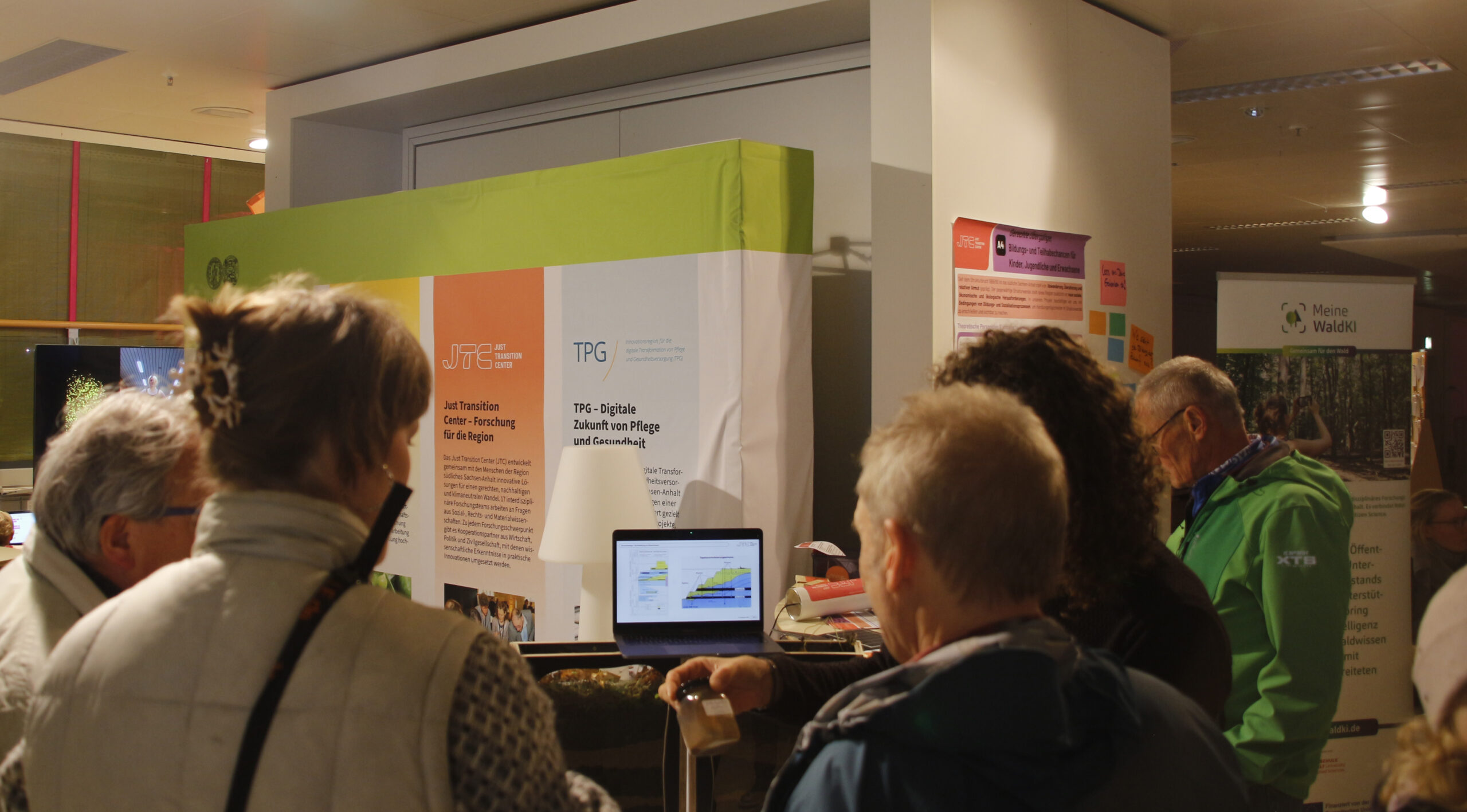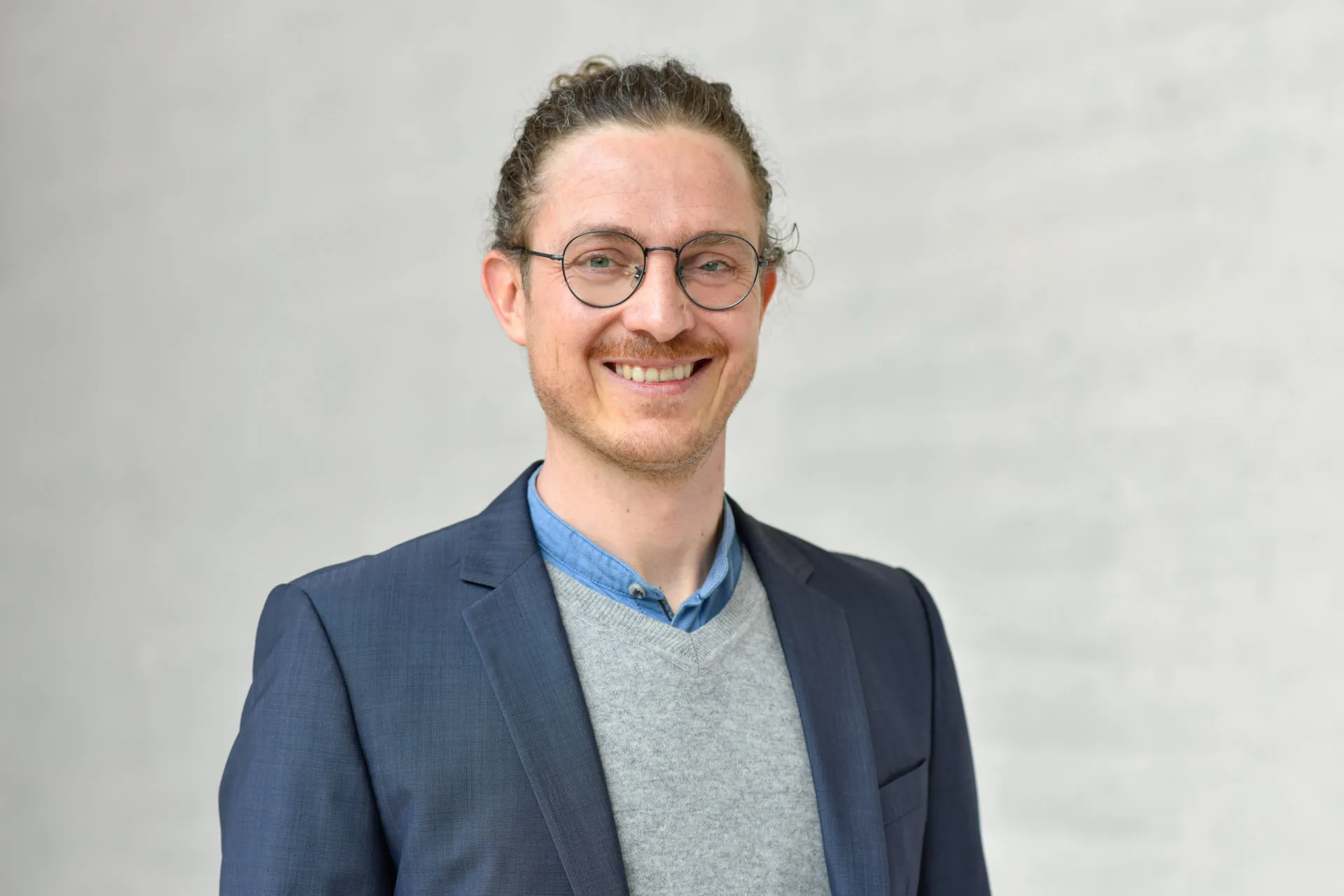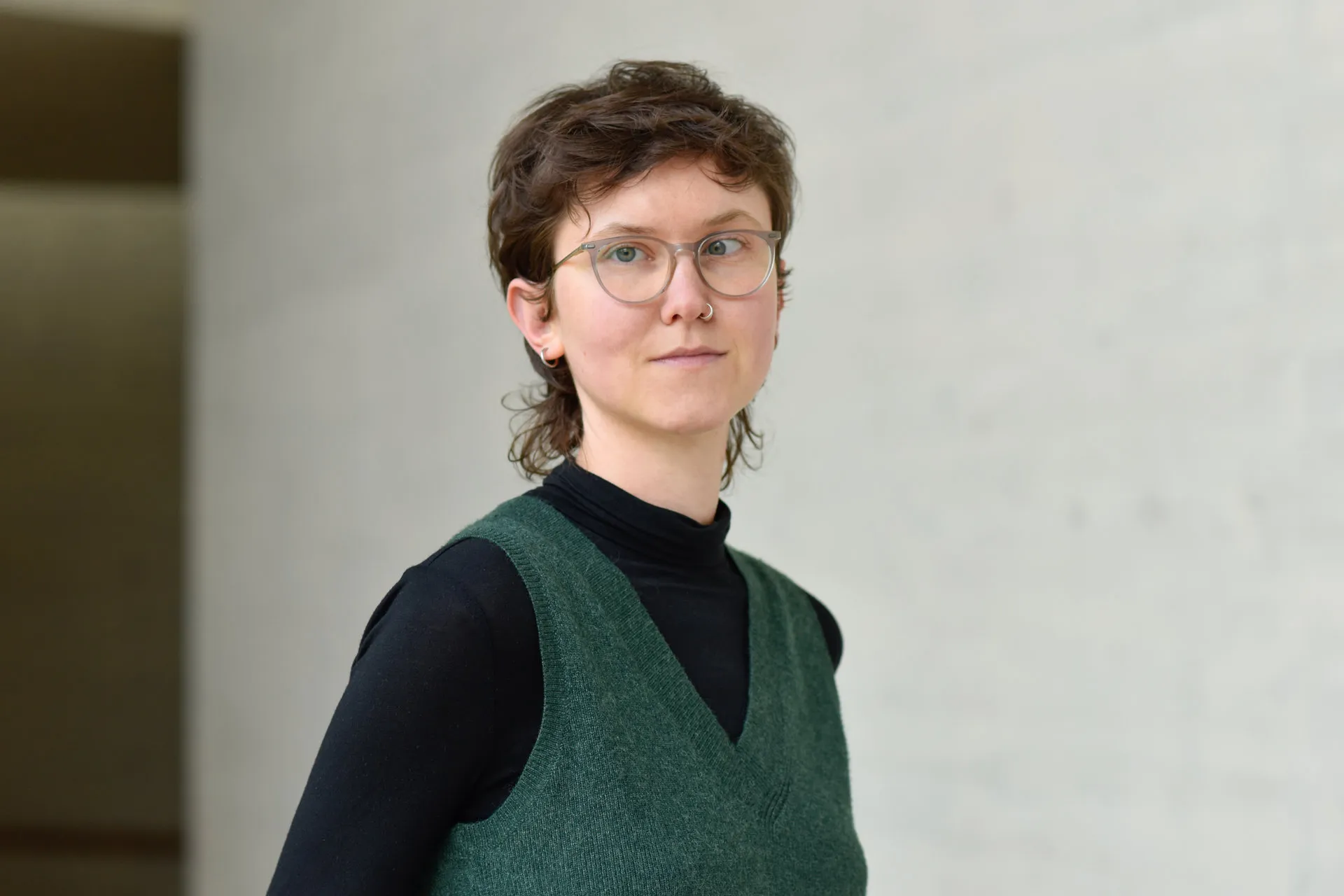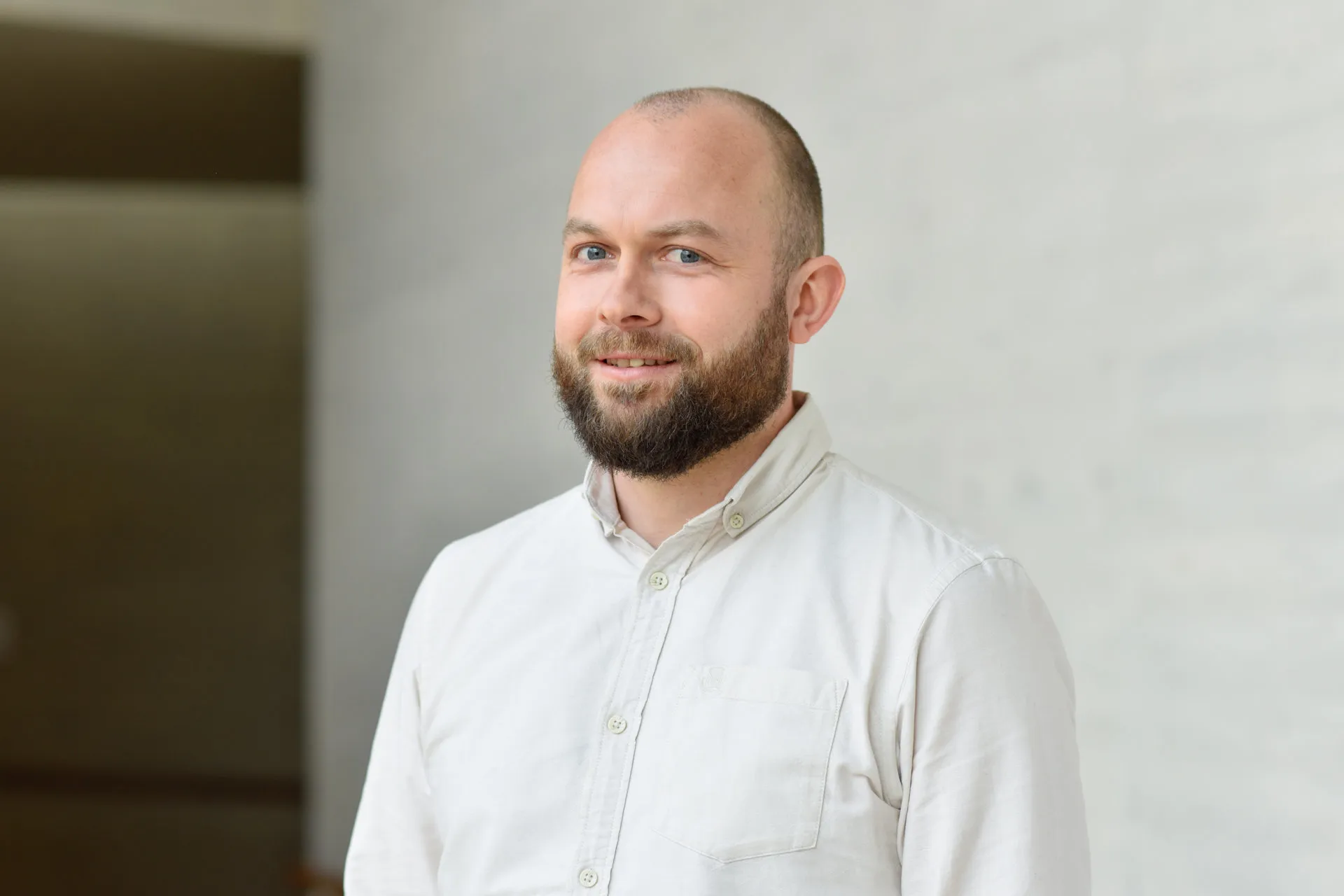CO₂-Sequestration and Soil Recultivation through Recycling of Mineral Residues
We research how iron hydroxide sludge from lignite open-cast mines can be used for the reclamation of mine dump soils.
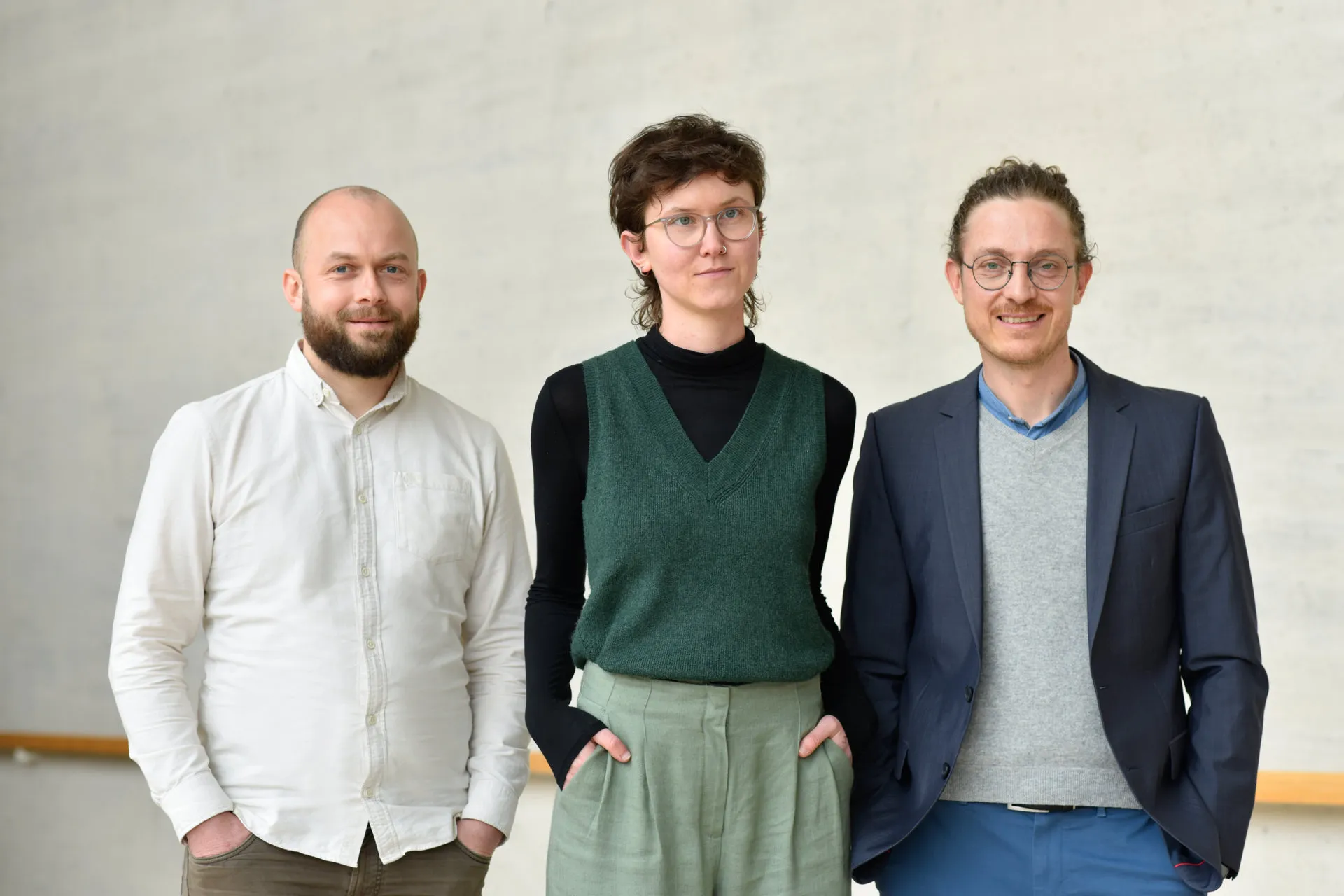
Lignite mining destroys ecosystems and scars landscapes worldwide. Productive soils lose their functions and require costly reclamation. Many mining areas also suffer from acid mine drainage, leading to iron hydroxide sludge (IHS) deposits, which are expensive to manage. We aim to tackle both issues by using IHS as a soil amendment for mine soil restoration. But how is that supposed to work?
read more
Soils developing from mine spoil substrates in post-mining landscapes are often characterized by high sand content, poor structure, low water retention, and limited capacity to store nutrients and organic matter — extremely poor conditions for soil development and a productive use, e.g. for forestry or agriculture. In contrast, iron hydroxides offer reactive surfaces that can effectively bind soil organic matter, thereby improving soil structure, water retention, and nutrient storage.
An application of IHS as soil amendment presents both opportunities and challenges: while IHS can enhance carbon storage and support key soil functions, there is also a risk that associated potentially toxic elements may be released, or nutrients become bound and thus plant unavailable.
By means of laboratory and field lysimeter experiments we aim to determine the optimal IHS application rate under which carbon sequestration is maximized and soil functions are sustainably improved — without compromising plant nutrition or groundwater quality. The findings will ultimately feed into a comprehensive risk assessment.
Team
Dr. Mathias Stein, Team Leader
Emma Harlow
Jakob Herrmann
We cordially invite you
Here you can find all the events where you can meet our research team. We look forward to your visit!
Zur Zeit keine aktuellen Events
